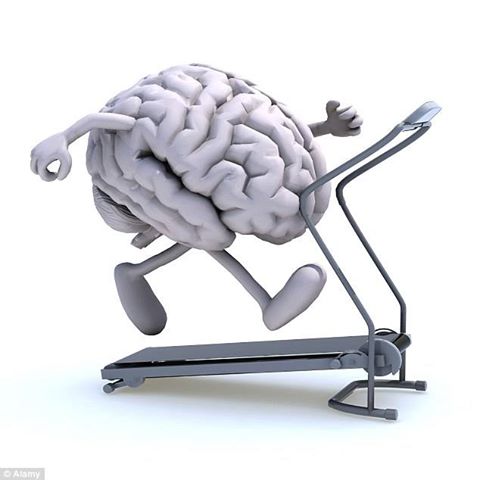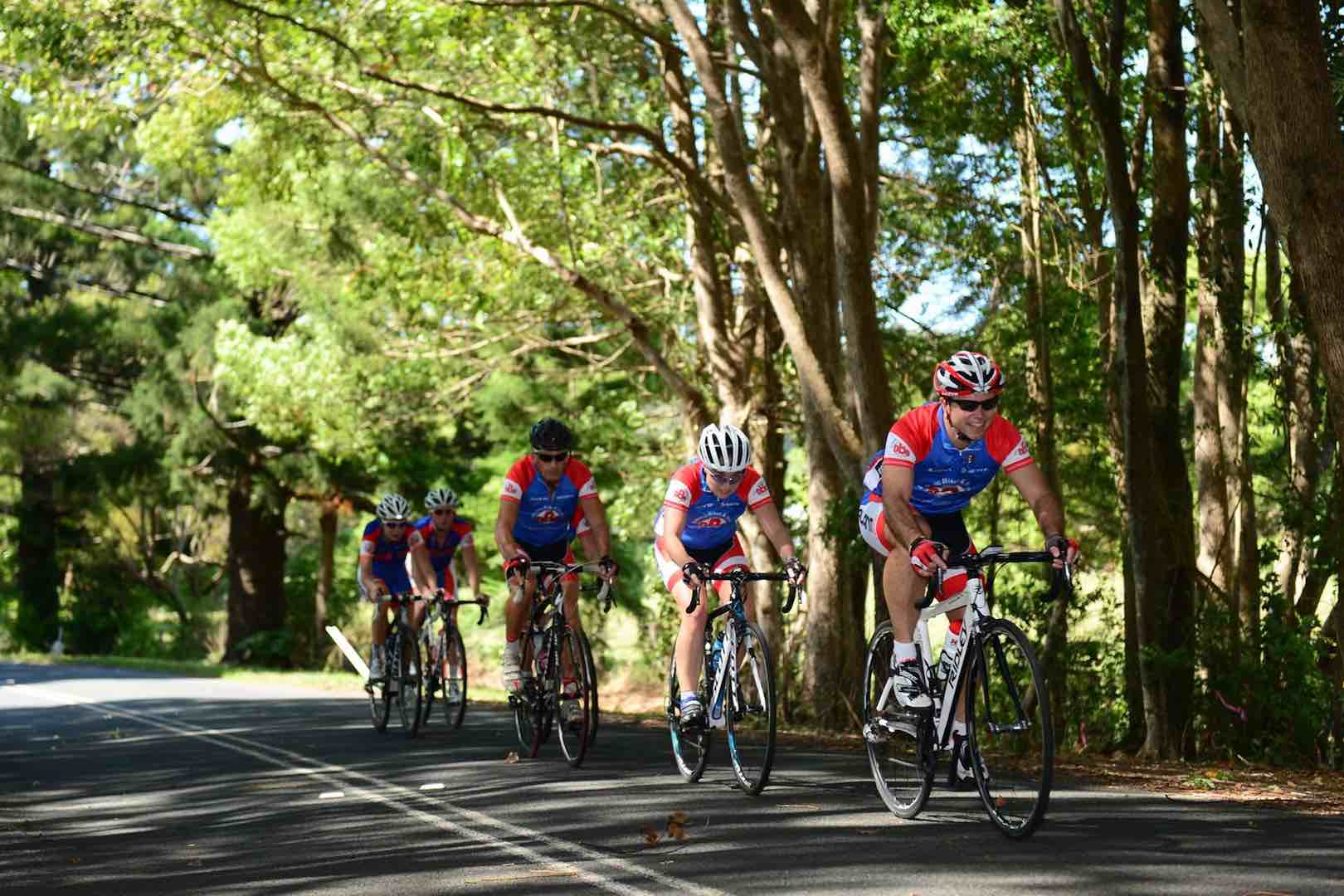
Gold Coast Performance Psychology
by Craig Pearman
Tuesday Training Tip #34: “Developing Winning Thoughts”
Most athletes are aware of the value (and necessity) of training. If you want to get fitter, stronger, faster, more stamina, etc . . . then you need to train yourself to exceed your current limits. A simplified “formula” would be:
Training = learn skills => push limits => repetition => form habit => create muscle memory => develop automatic responses => new (higher) limits.
What many athletes are NOT aware of is that the same process happens in your brain. You can’t expect to just “think more positively” or “be more mentally tough”, or even to “have more alertness” when you decide you need it. You have to learn and train these things, just as you do with physical skills.
Take “mental toughness” for example. We’d all like to believe we have it. But what are the attributes of mental toughness? Focus, determination, discipline, composure, resilience, pain tolerance, etc. You cannot just conjure these things up, simply because a situation demands it. (That would be like suddenly deciding you could take on a mountainous 235km bike ride, just because your friends are doing it.)
Likewise, “positive self-talk” is a learned skill. How many of you have a regular word or phrase that you use to describe yourself . . . when you fail, or make a mistake? How often do you silently repeat that to yourself after the fact? How much does it encourage you? By contrast, how many of you have a word or phrase that you use to strengthen yourself, to build your confidence, or to self-praise? And how often do you exercise THAT neural “muscle”?
In training our brain, we need to work on exceeding our limits in each facet of each mental skill. This means exploring the limits of our ability to focus (or our discipline, or our pain tolerance, or our positive self-talk), and then working on specific activities that test those limits, and that require us to push past them, on a regular basis . . . until we have set new limits for those skills. THIS is mental skills training.
Your coach (or mentor) may have some ideas as to the skills you need to work on. Your task is to make that work a part of your regular (daily) training routine. If you can improve your mental skills (like mental toughness) by 10%, that HAS to improve your chances of winning!





Leave A Comment